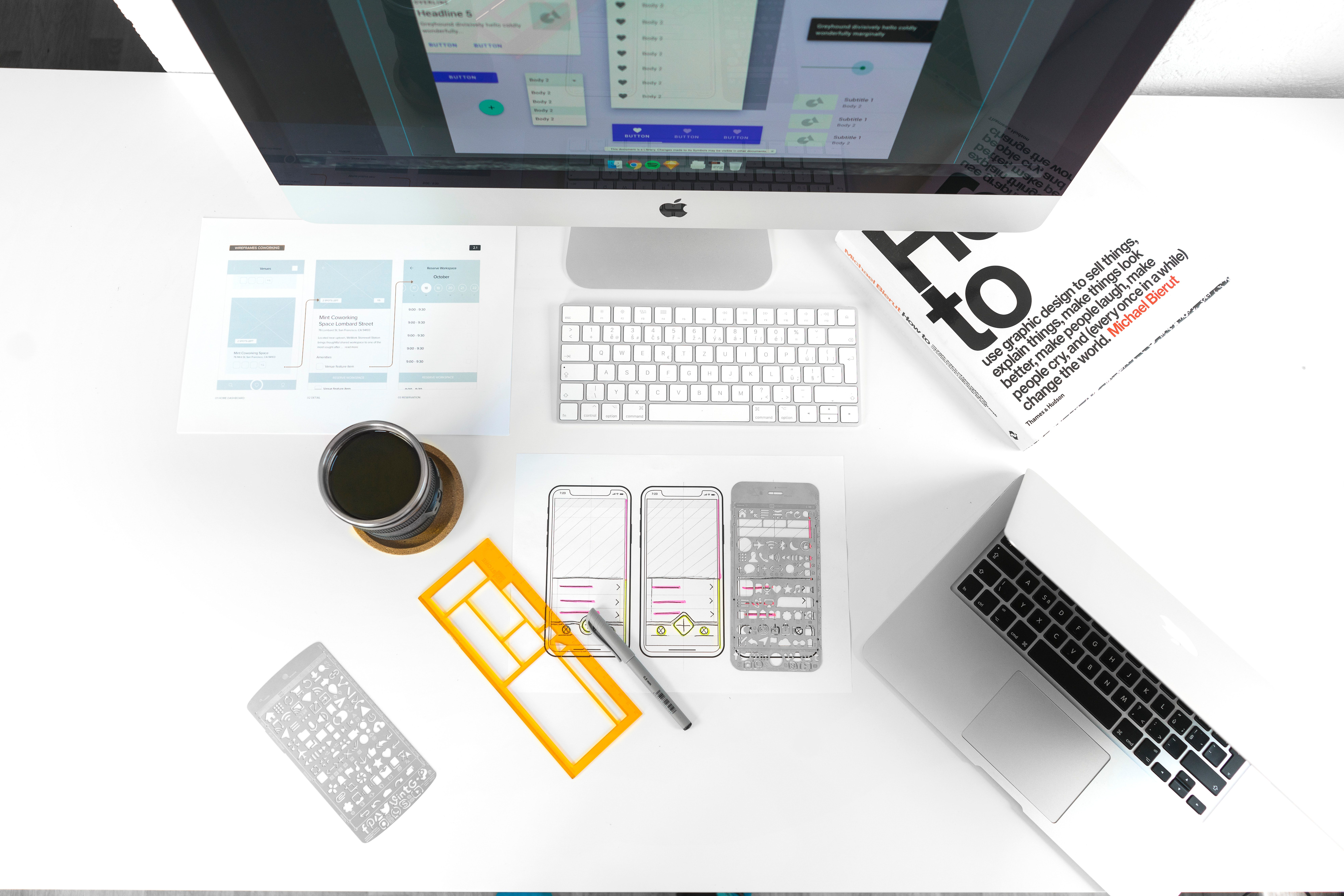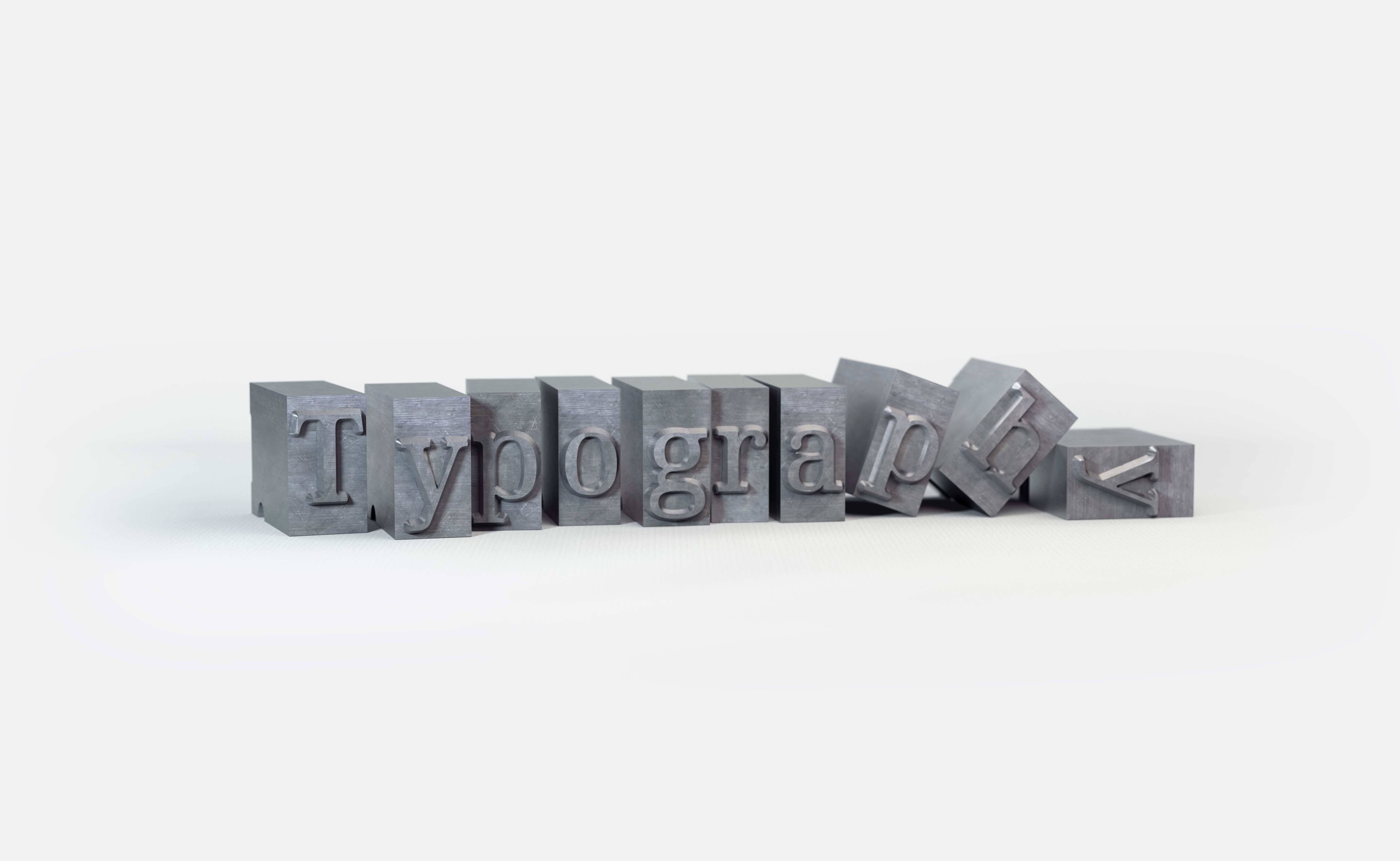A web designer has been a highly pursued occupation for the past few years. And while it’s clear that to become one, you should possess certain tangible skills, like knowing Adobe Photoshop, the intangible ones are not as commonly known. In this article, we’ll talk about the latter.
This will, hopefully, help young designers understand what to add to their resumes. The work ethics change rapidly and every other month seems to require some adaptation. Whether you draw logos already or still deal with college assignments by googling 'write my essay on EssayPro', Covid-19 has been making its changes into the work process of every occupation. A new era means new rules so let’s try and uncover those rules.

Communication
Now, possibly, more than ever, good communication skills are vital. With the majority of people working from their homes, keeping in touch online is the only option. And while video calls tend to take quite a lot of time, texting has been the main communication medium for many.
Talking to your clients or employers, you must make sure that your ideas and suggestions are clear and your tone is professional. You don’t want any messages to be taken as passive-aggressive or perhaps, too casual. In this case, it’s better to write a longer text if you want to make sure no misunderstandings occur.
Audio messages are a very convenient alternative to usual texts. Apart from being able to show your tone is friendly, they also allow you to communicate on the go. However, there’s one very important rule to keep in mind. Make sure to ask your party if it’s convenient for them to listen before sending your first voice message. Otherwise, you risk putting them in an uncomfortable situation.
Creativity
This one has not changed and is highly unlikely to. Design is a creative occupation. And unless you’re using someone else’s work to get ‘inspired,’ you do need to have some original ideas. Although it’s often perceived as a talent one is born with, it’s more of a skill. From creating logos to designing websites, you’ll need it every step of the way.
It’s important not to let your experience impede your creativity. It’s likely that you’ll have many similar projects. Use your clients’ ideas and personality to tailor each project to their individual needs.
Presentation & Delivery
This skill is somewhat similar to communication, yet, it has more to do with confidence. Your ability to present yourself is vital in this profession. It’s possible that you’ll participate in contests or tenders. If the final choice lies between two similar projects, normally, the more confident designer wins.
When creating something, you need to be absolutely confident that this is exactly what your client wants and also that your design will bring them more exposure and sales. It's much easier to pitch something you 100% stand by.
Marketing
Even if you don’t have much to do with working on the user interface, you still need to know the basics of marketing. After all, a good design is yet another marketing technique. No matter how beautiful or creative your logo is, if it doesn’t sell - it’s useless.
Do take your time to learn marketing. You might even take a short online course over the weekend. This way, you’ll learn which colors sell better, how to place your elements, and which shapes are more pleasant to the human eye.
Social media marketing is also an important skill for a modern designer. Whether you’re creating something to be posted online or you want to market your own work, you need to understand how to make your designs stand out. If you’re self-employed, your Instagram or TikTok might as well become your digital portfolio. Learn about how to promote your account there and post relevant content. Don’t forget to engage with your audience!

Typography
Placing multiple fonts on a single banner and making them look good together is a vital skill. You could, of course, use the same font throughout, which is what most beginner designers do. But what fun is that?
Typography also has to do with marketing. Your job is to arrange the letters, words, and phrases in a way that will make the customer want to pay. There are numerous online courses on that, too, so if you’re not confident in your skills or if you just want to broaden your knowledge, be sure to take one.
Color Theory
We have touched on this a little, but color theory definitely deserves a separate introduction. The way you use and arrange colors on an image will help you communicate your intent better to the potential customer.
If you manage to nail your colors you will establish a rapport with your audience even before they actually get to interact with the product. This is why the best design is minimal - great creators use very few words. They instead use nonverbal clues to sway people.
Networking
Networking is important in basically any occupation. Design fairs and other events will allow you to showcase your work and find new clients. They might even get you employed in a firm if that’s your goal. Sure, in-person meetings have been impossible during the pandemic. However, there are multiple events held online. You can also use your social media platforms to find partners, clients, and build a solid business network.
Posting your work on Behance and creating a digital portfolio is a perfect place for that. Basically, you can choose any platform that you prefer, from LinkedIn to Twitter. But the specialized ones, like Behance, are more likely to give you more opportunities.
Wrapping Up
As the competition grows, the industry becomes more and more demanding for even beginner designers. Entry-level jobs with no experience are basically extinct now in this field. You have to come prepared. Apart from the skills listed above, you’ll have to know the majority of Adobe products, like Photoshop and Illustrator, animation tools as well as Tilda, and other apps for creating websites.
The more you educate yourself, the better. Keep in mind, though, that the university education might not even equip you with the right set of tools by the end as the field grows rapidly, while higher-ed providers are lagging behind.

